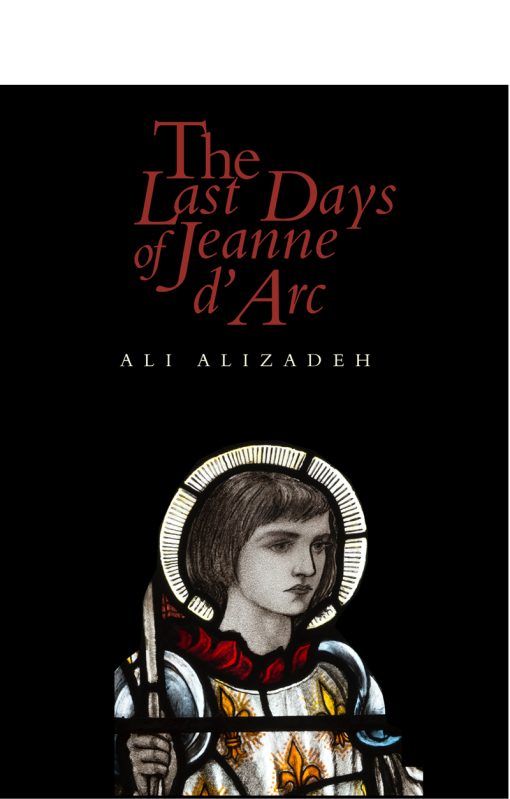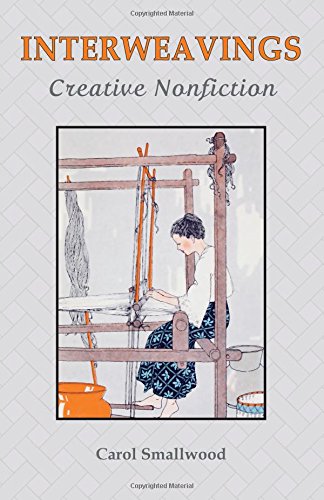 The release of Daniel Findlay’s debut novel, Year Of The Orphan, suggests that we may now be on the cusp of a new era, one in which epic titles of this ilk receive the proper attention and accolades that they so richly deserve.
The release of Daniel Findlay’s debut novel, Year Of The Orphan, suggests that we may now be on the cusp of a new era, one in which epic titles of this ilk receive the proper attention and accolades that they so richly deserve.
Author:
A review of Three Nations Anthology edited by Valerie Lawson
 At the end of “Turtle Island Turtle Rattle”, author Sarah Xerar Murphy writes, “If we cannot find a way to welcome and treat fairly with the stranger, how will we ever find our own way home?”It would be a good thing if there were more books like Three Nations Anthology, to highlight things that human beings have in common
At the end of “Turtle Island Turtle Rattle”, author Sarah Xerar Murphy writes, “If we cannot find a way to welcome and treat fairly with the stranger, how will we ever find our own way home?”It would be a good thing if there were more books like Three Nations Anthology, to highlight things that human beings have in common
An interview with Pip Harry
 The author of Because of You talks about the origins of her latest young adult novel, the key themes she explored in the book, on the importance of diversity and inclusivity, her characters, and lots more.
The author of Because of You talks about the origins of her latest young adult novel, the key themes she explored in the book, on the importance of diversity and inclusivity, her characters, and lots more.
A review of The Last Days of Jeanne d’Arc by Ali Alizadeh
 The facts are engaging enough as a history, but Alizadeh’s portrait of a young women in love, coupled with his exploration of the patriarchal, uncertain nature of both historical account and memory (“Or does she?”) takes this story to a new level. Alizadeh’s Jeanne allows for the contradictions in the varied voices that are both inside and outside of his subject and also calls attention to the fact that narrative is something that is constructed rather than something inherent.
The facts are engaging enough as a history, but Alizadeh’s portrait of a young women in love, coupled with his exploration of the patriarchal, uncertain nature of both historical account and memory (“Or does she?”) takes this story to a new level. Alizadeh’s Jeanne allows for the contradictions in the varied voices that are both inside and outside of his subject and also calls attention to the fact that narrative is something that is constructed rather than something inherent.
The State of the Music: Rihanna, Ann Powers, David Bowie, Patti Smith, Diana Ross, Sam Smith and Music Conferences in Barcelona and Britain
 Music critic Daniel Garrett has compiled an extensive, topical survey of music news and notes including new album releases, concerts, books and talk.
Music critic Daniel Garrett has compiled an extensive, topical survey of music news and notes including new album releases, concerts, books and talk.
A review of Interweavings by Carol Smallwood
 Interweavings rings a perspective that prompts readers to go beyond an interpretation of Smallwood’s stories as descriptive pieces, to a body of work that provides a faceted look at the small moments of life that communicates deeper meanings and speaks to experiences Smallwood narrates from her reflections across her lifetime.
Interweavings rings a perspective that prompts readers to go beyond an interpretation of Smallwood’s stories as descriptive pieces, to a body of work that provides a faceted look at the small moments of life that communicates deeper meanings and speaks to experiences Smallwood narrates from her reflections across her lifetime.
A review of That Stubborn Seed of Hope by Brian Falkner
 With great writing skill Brian Falkner uses simple but effective language to continue the exploration of human emotions throughout the book. Some of his stories are sad, some quite dark and one or two almost funny but at the turn of each page the reader feels a tugging of the heartstrings, or worse, something delving into the mind stirring up those repressed feelings that nobody wants to talk about.
With great writing skill Brian Falkner uses simple but effective language to continue the exploration of human emotions throughout the book. Some of his stories are sad, some quite dark and one or two almost funny but at the turn of each page the reader feels a tugging of the heartstrings, or worse, something delving into the mind stirring up those repressed feelings that nobody wants to talk about.
Interview with Brian Falkner
 The author of That Stubborn Seed of Hope talks about writing and how it came to be his calling, the draw of short stories, on fear and hope, belonging and inclusion, and lots more.
The author of That Stubborn Seed of Hope talks about writing and how it came to be his calling, the draw of short stories, on fear and hope, belonging and inclusion, and lots more.
A review of She’s Like a Rainbow by Eileen Colucci
 Colucci weaves a delicate narrative sure to intrigue readers who may want to know more of their own personal story including attributes, ethnicity, and heritage. The book provides a strong moral around our common humanity, whatever our ethnicity, cultural differences, or where in the world we may live.
Colucci weaves a delicate narrative sure to intrigue readers who may want to know more of their own personal story including attributes, ethnicity, and heritage. The book provides a strong moral around our common humanity, whatever our ethnicity, cultural differences, or where in the world we may live.
Environmental Justice: Nature and Nation, Wealth and Waste in Carl A. Zimring’s scholarship (Clean and White)
 Some questions remain. How will different perspectives be reconciled? How will a nation’s citizens conserve what is good, while achieving progress beyond what is bad? How will people get what they need from the earth, while still protecting the land—and respecting all its people? True prophecy is rare—and arrogance can lead to destruction.
Some questions remain. How will different perspectives be reconciled? How will a nation’s citizens conserve what is good, while achieving progress beyond what is bad? How will people get what they need from the earth, while still protecting the land—and respecting all its people? True prophecy is rare—and arrogance can lead to destruction.